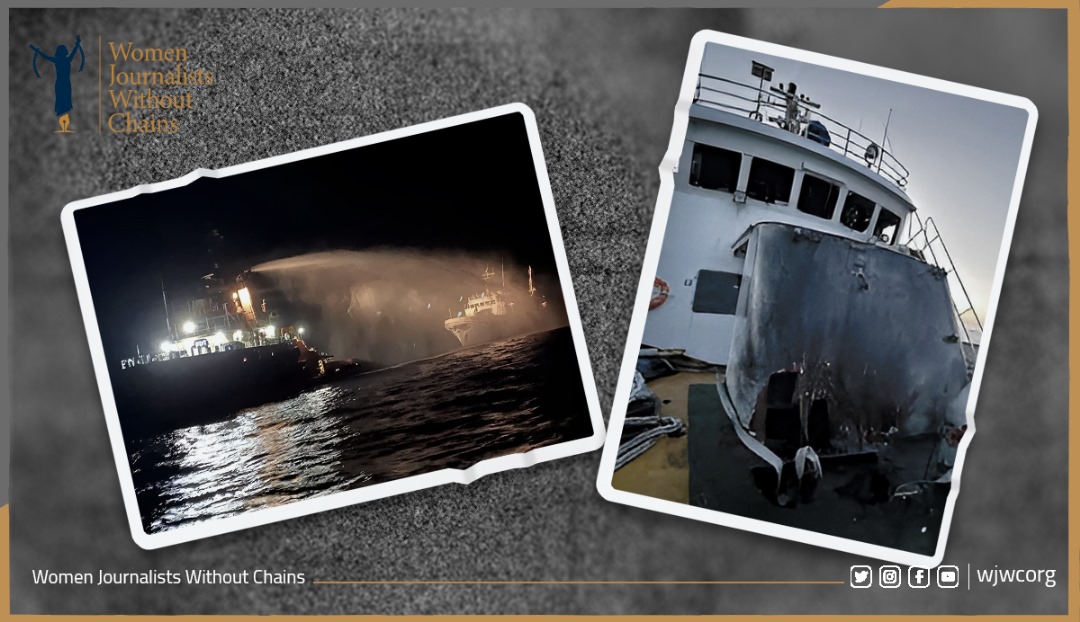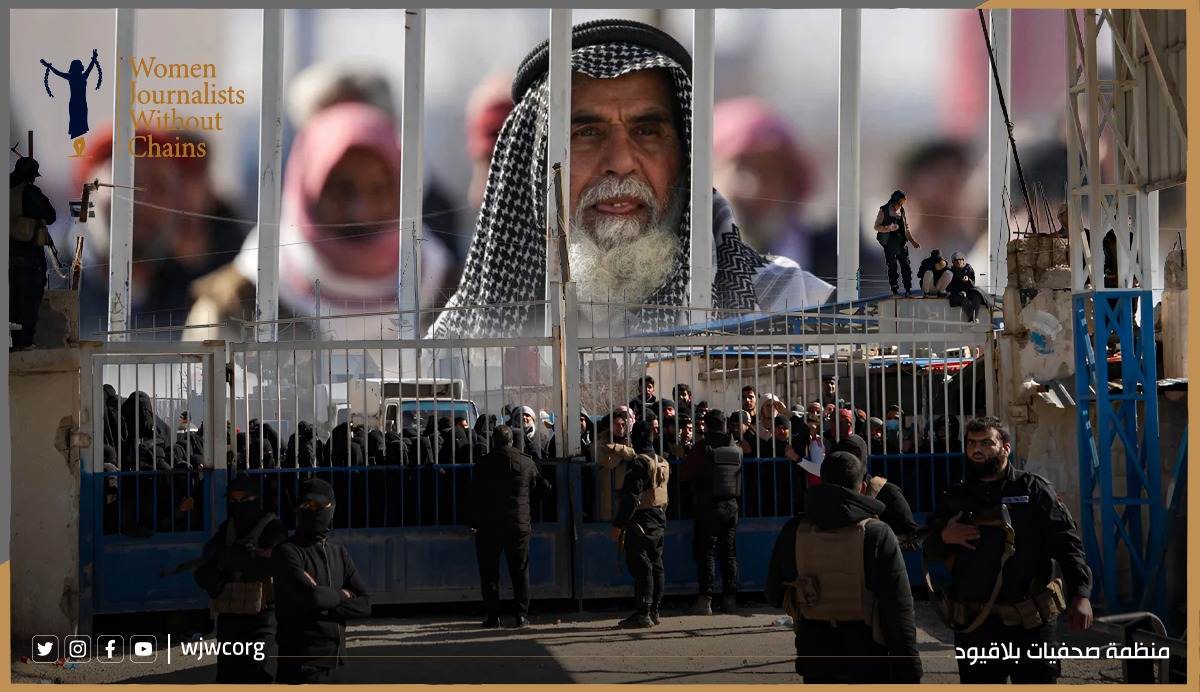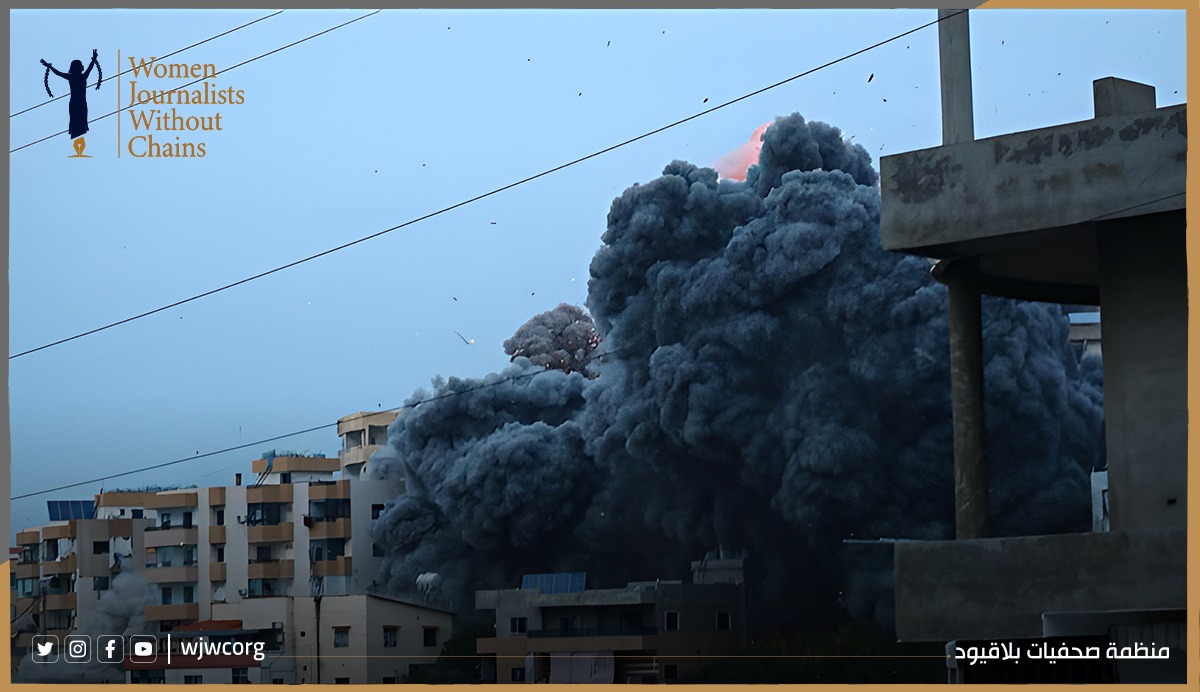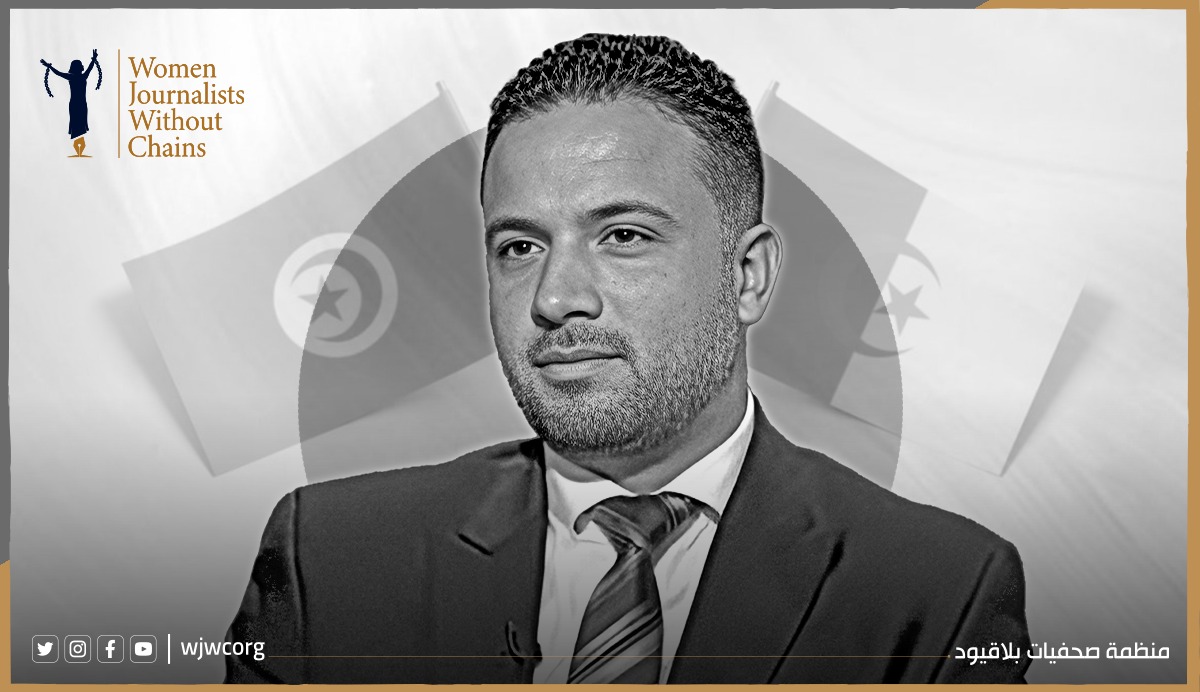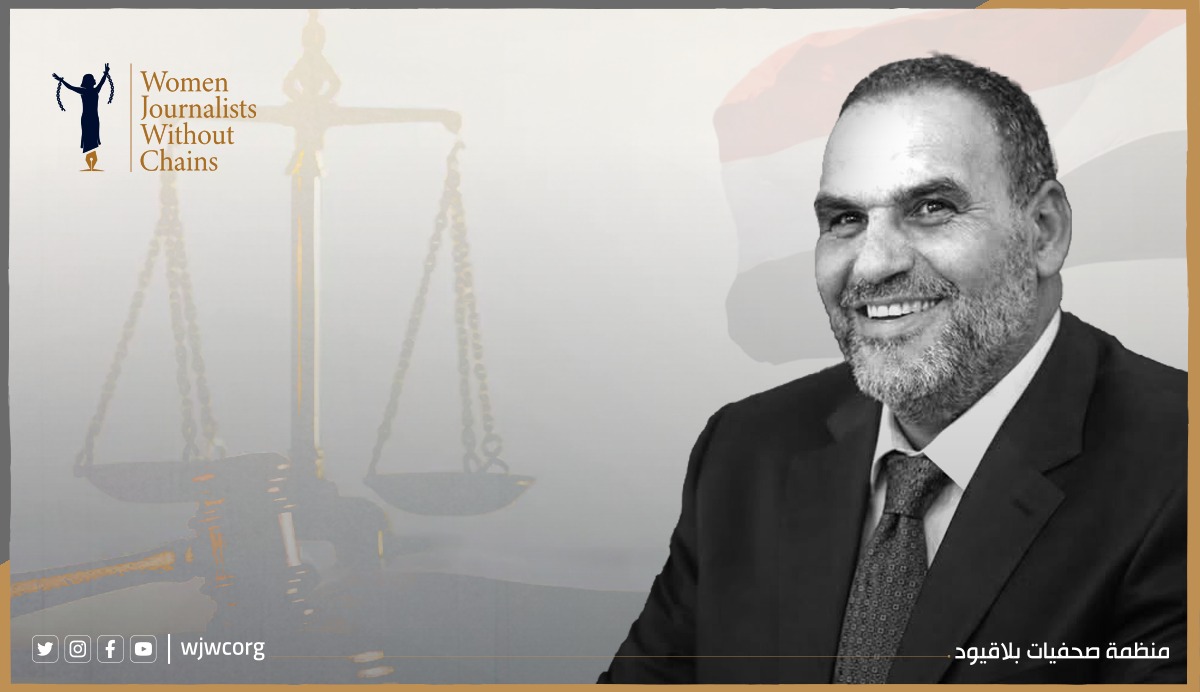A civilian aid ship en route to Gaza was attacked by drones in international waters off the coast of Malta early Friday morning, prompting sharp international condemnation and raising alarm over escalating assaults on humanitarian efforts.
The Freedom Flotilla Coalition, which organized the mission, has accused Israel of carrying out the strike.
The vessel, The Conscience, was struck at 00:23 local time on May 2 while carrying humanitarian aid and international activists seeking to deliver relief to civilians in the Gaza Strip. According to the coalition, the ship was unarmed and operated under a humanitarian mandate. Following the attack, an SOS signal was issued, and distress communications were captured by a nearby oil tanker, whose crew confirmed reports of drone strikes and a fire onboard.
The Incident
The Freedom Flotilla Coalition reported that The Conscience, flying a humanitarian flag and carrying civilians from 21 countries, was targeted by drone fire in international waters. Despite efforts by organizers to maintain operational secrecy to prevent sabotage, the ship was twice struck, sparking a fire and severely compromising the vessel’s hull.
As a press freedom and human rights organization, Women Journalists Without Chains (WJWC) condemned the attack as a “premeditated act of aggression” that forms part of a broader strategy to block humanitarian assistance to Gaza, which has endured a protracted blockade and an intensifying humanitarian catastrophe. WJWC emphasized that the incident was not an isolated security measure but “a direct assault on civilian relief efforts in flagrant defiance of international law.”
Violations of International Maritime and Humanitarian Law
The attack has been widely characterized by legal experts and rights organizations as a violation of international maritime conventions. The United Nations Convention on the Law of the Sea (1982) and the Geneva Conventions of 1949 establish protections for civilian vessels and guarantee freedom of navigation in international waters—particularly for missions designated as humanitarian.
WJWC stated that targeting The Conscience—an unarmed ship delivering aid—constitutes an act of piracy and a breach of the right to life, physical safety, freedom of movement, and peaceful assembly.
“This is an attack not just on civilians but on the legal norms that govern international conduct,” WJWC said. “The targeting of humanitarian personnel and infrastructure erodes the sanctity of humanitarian law and emboldens impunity.”
Escalating Humanitarian Crisis in Gaza
WJWC connected the incident to a pattern of systematic measures intended to isolate Gaza’s population and obstruct aid. It described a campaign of forced displacement, the blocking of essential services, and the weaponization of hunger—all contributing to what the organization referred to as “acts of genocide.”
The organization noted that the current period of aid denial to Gaza is the most prolonged since Israel’s military campaign intensified in October 2023. On March 2, Israeli Prime Minister Benjamin Netanyahu confirmed the closure of all crossings into Gaza and the suspension of humanitarian aid, exacerbating already dire conditions.
According to the Palestinian Ministry of Health in Gaza, the death toll since October 7, 2023, has exceeded 52,000, with women, children, and the elderly comprising the majority of victims. International food security monitors warn that Gaza may soon enter Phase 5—catastrophic famine—under the Integrated Food Security Phase Classification system.
Malta’s Role and International Response
Women Journalists Without Chains urged Malta to uphold its obligations under international maritime law, which include ensuring the safety of vessels in distress near its territorial waters. WJWC expressed grave concern over what it described as “the international community’s passive stance” toward attacks on humanitarian actors. It called on the United Nations and global human rights institutions to urgently intervene to prevent further violations and to impose legal and diplomatic consequences on Israel for its actions. “The lack of decisive international response emboldens future violations,” the organization said.
A Dangerous Precedent for Global Civil Society
In a stark warning, WJWC asserted that the attack on The Conscience represents more than an isolated assault—it is a symbolic strike against global civil society’s right to peacefully resist atrocities through humanitarian intervention.
“This act undermines the international legal framework and endangers future humanitarian missions,” WJWC said. “Failure to hold the perpetrators accountable risks legitimizing acts of state-sponsored piracy and silencing civil society’s role in protecting human dignity.”
The organization concluded by calling for an immediate end to all political, financial, and military support to Israel until its compliance with international law is restored, and urged governments and international bodies to explicitly condemn the attack.

 En
En  Ar
Ar 